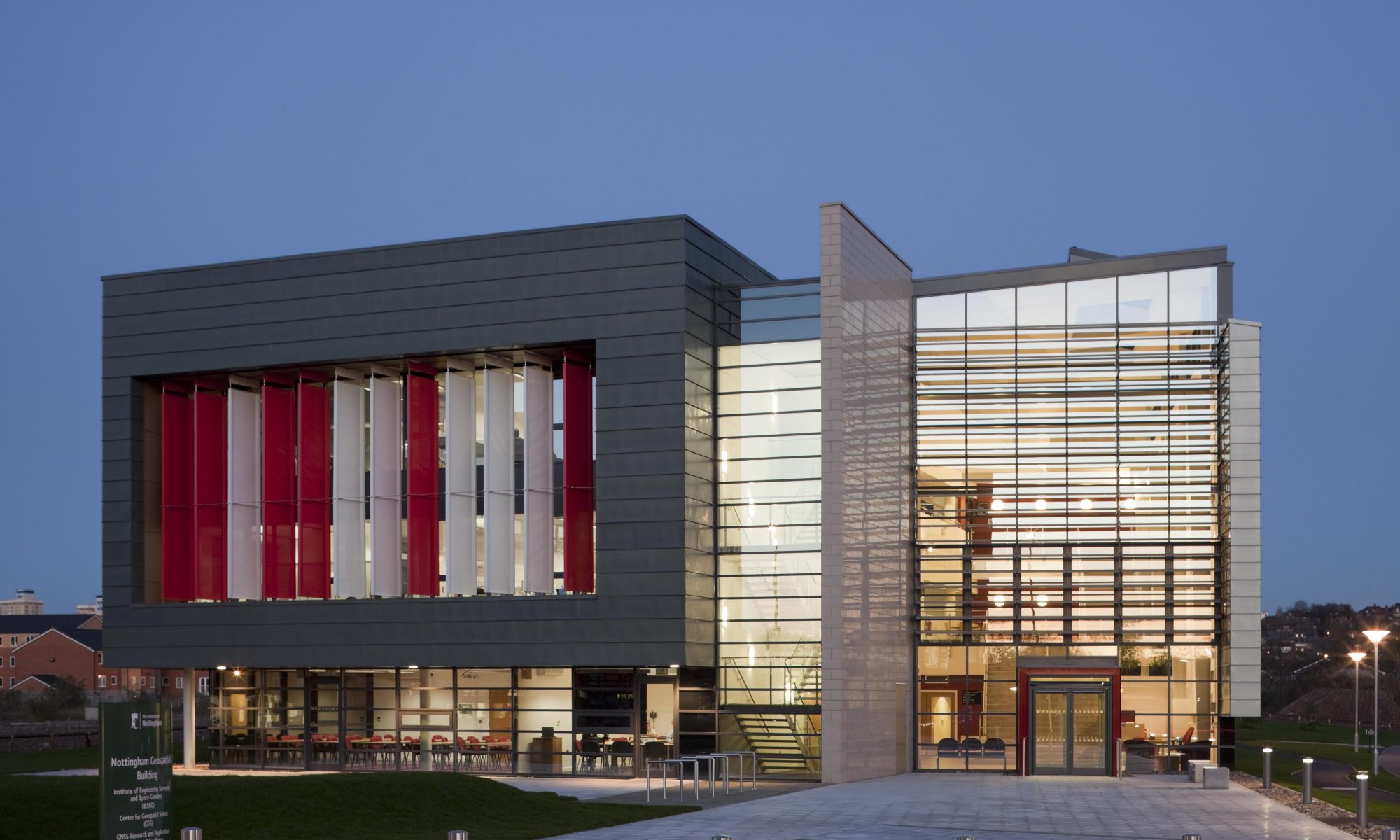
As a socio-technical researcher I work on projects that combine elements of computer science and the social sciences. I focus on bringing in the human experience and perspective into our understanding of technology and enjoy highlighting how these human factors can positively shape technological development. Joining Horizon as a Transitional Assistant Professor allows me space to develop my research portfolio and I am excited to be bringing this approach into a new research collaboration, called “Artificial Intelligence Decision Support for Kidney Transplantation (AID-KT)”
AID-KT is funded by NIHR and is led by a team at the University of Oxford. The project co-leaders are Simon Knight in the Centre for Evidence in Transplantation and Tingting Zhu from the Oxford Computational Health Informatics Lab. The project seeks to improve outcomes in kidney transplantation by developing an AI decision support tool.
The kidney is the most transplanted organ – accounting for just over 65% of organ transplants. At any one time, there are around 5,000 patients on the waiting list for a kidney transplant in the UK. However, donor organs are often turned down due to fears of poor outcomes for patients. Currently there is an absence of support tools to help clinicians determine and discuss with their patients how likely the transplant of a specific donor kidney will be for them, plus how this might compare to not having the transplant and waiting for another kidney to become available. Being able to predict the graft survival of the kidney after transplant could greatly increase the transplant success rate, leading to better outcomes for, and making better use of the available organ pool and healthcare resources.
The aim of this project is to address this absence by developing and testing a clinical decision support tool for kidney transplant. It will be driven by machine learning techniques and will help answer this crucial clinical question for potential kidney donor recipients:
Will my outcome be better if I accept this transplant offer, or wait for the next offer in the future?
Much of the project focuses on the creation and validation of machine learning models that can accurately predict graft and patient survival following transplant and patient outcomes if a transplant offer is declined. Alongside this, we are conducting work to make these models explainable and transparent. Little existing research has investigated how to present these kinds of clinical predictions to patients and clinicians in ways they find accessible. Therefore, we will be involving clinicians and patients in our research – through qualitative interviews and other methods – to assess which data are useful to them and how data should be presented to support decision making and informed consent. As part of this we recognise that patients will differ in terms of the level of detail they want to have and the extent to which they prefer to lead their own decision making or defer to clinical judgement. As such, the clinical decision tool needs to be adaptable to the preferences of different individuals. In addition, it also needs to make its salient features visible and interpretable to clinician users so that they can understand how the model is using underlying data and explain the predictions made to patients clearly. By bringing in these human perspectives to the development of the tool we can optimise its usefulness and effectiveness in clinical settings. By extension we can also, hopefully, improve acceptance rates for kidney transplants as well as post-transplant outcomes.
Written by Helena Webb

